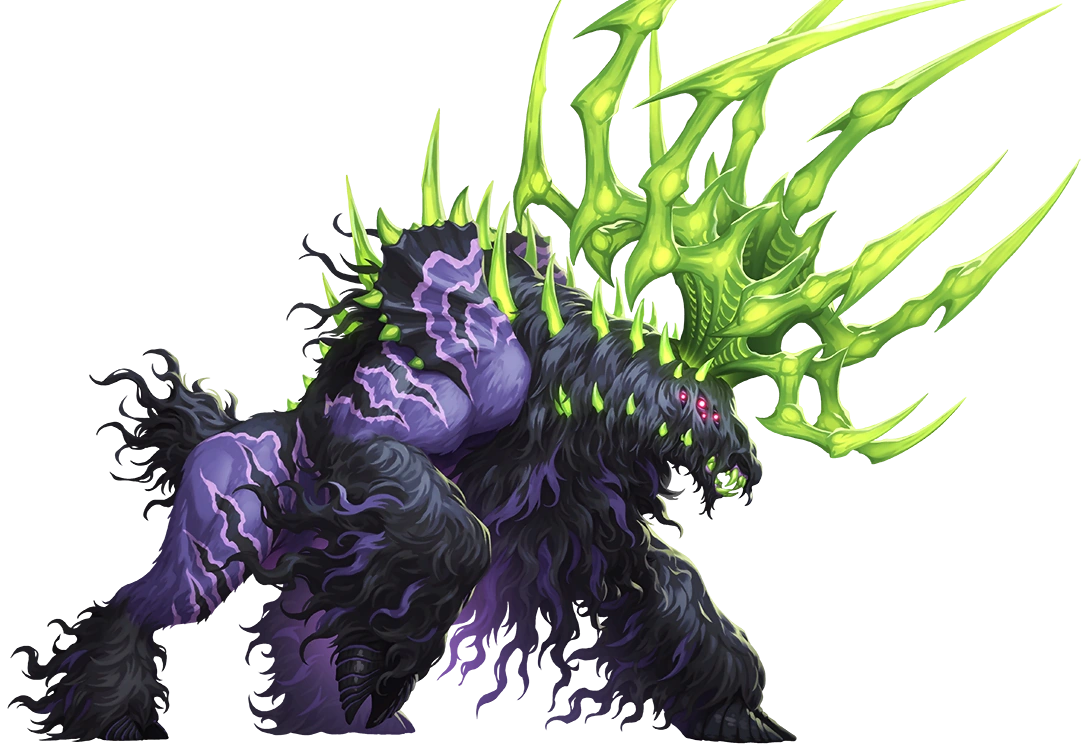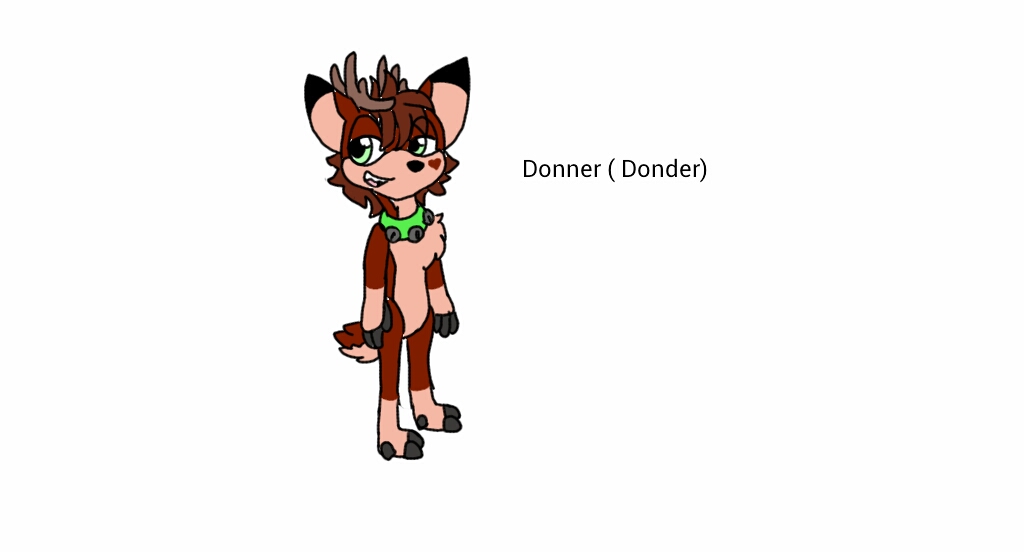As the Christmas season approaches, discussions about Santa's reindeer often resurface, with one of the most intriguing debates centering around whether the reindeer's name is Donder or Donner. This question, though seemingly straightforward, has sparked extensive conversations among holiday enthusiasts worldwide. The confusion largely arises from differing sources, traditions, and translations that have used both names interchangeably over the decades.
The tale of Santa's reindeer dates back to the early 19th century, originating from the iconic poem "A Visit from St. Nicholas," famously known as "'Twas the Night Before Christmas." In this beloved poem, the reindeer were first introduced, and their names have been cherished through generations. However, as time has advanced, slight alterations in spelling and pronunciation have led to the ongoing debate surrounding Donder versus Donner.
Exploring the origins of these names and their cultural significance can help clarify this long-standing question. This article delves into the history, traditions, and linguistic intricacies surrounding Santa's reindeer, aiming to provide a comprehensive answer to the question: Is it Donder or Donner?
Read also:Mastering The Art Of Removing Tendons From Chicken Breast
Table of Contents
- The Origin of Santa's Reindeer Names
- Donder: A Closer Look
- Donner: The German Connection
- The Role of 'Twas the Night Before Christmas'
- Name Variations Over Time
- Cultural Influences on Reindeer Names
- Donder vs. Donner in Modern Christmas Media
- Linguistic Analysis of Donder and Donner
- Traditions Around the World
- Conclusion: Settling the Debate
Exploring the Roots of Santa's Reindeer Names
The names of Santa's reindeer were first introduced in the timeless poem "A Visit from St. Nicholas," penned by Clement Clarke Moore in 1823. The poem beautifully describes the eight reindeer as Dasher, Dancer, Prancer, Vixen, Comet, Cupid, Donder, and Blitzen. However, the spelling of "Donder" has been a point of contention for many years.
Moore's original manuscript utilized "Donder," which is believed to be a Dutch variant of the German word "Donner," meaning thunder. This name encapsulates the magical and powerful essence of Santa's reindeer, who are said to soar gracefully through the skies while delivering gifts.
Over time, the name "Donner" gained prominence, especially in regions heavily influenced by German culture. This variation exemplifies the cultural exchange that has shaped Santa's story throughout history.
A Deeper Dive into Donder
Historical Context of Donder
Donder, as featured in the original poem, is thought to have been inspired by Dutch traditions. The Netherlands has a rich history of celebrating St. Nicholas, and many customs associated with Santa Claus can be traced back to Dutch folklore.
- Donder translates to "thunder" in Dutch.
- The name aligns perfectly with the poem's original intent, emphasizing the power and grandeur of Santa's reindeer.
- Donder's association with thunder reinforces the idea of the reindeer's speed and strength, capturing the imagination of both children and adults alike.
Many historians assert that "Donder" is the correct spelling based on Moore's original manuscript, making it a historically accurate choice. This perspective highlights the importance of preserving the authenticity of the poem's original text.
Understanding the German Connection with Donner
German Influence on Santa's Story
Donner, which means thunder in German, gained popularity in areas with substantial German populations. As German immigrants brought their traditions to the United States, the name "Donner" began to appear alongside "Donder" in various adaptations of the Christmas narrative.
Read also:The Enchanting Hunters Moon A Comprehensive Guide To October 2023s Celestial Event
- Donner reflects the German influence on Santa's story, particularly in regions like Pennsylvania, where German settlers were prominent.
- The pairing of "Donner" with "Blitzen," the German word for lightning, creates a harmonious and powerful combination, enhancing the poetic beauty of the story.
Although "Donner" does not appear in the original poem, its widespread use in modern adaptations has cemented its place in Christmas lore, showcasing the adaptability of holiday traditions.
The Impact of 'Twas the Night Before Christmas'
The poem "'Twas the Night Before Christmas" has played a crucial role in shaping our modern understanding of Santa Claus and his reindeer. Written by Clement Clarke Moore, the poem introduced the world to Santa's eight reindeer and their names, including Donder.
Despite its significance, the poem has been adapted numerous times over the years, with some versions substituting "Donner" for "Donder." This inconsistency has fueled the ongoing debate about the correct spelling, sparking discussions among scholars and enthusiasts alike.
Academics continue to study the evolution of the poem, examining how cultural and linguistic factors have influenced its interpretation across generations.
The Evolution of Reindeer Names Over Time
How Reindeer Names Have Changed
As the Christmas story has spread globally, the names of Santa's reindeer have evolved to reflect local languages and traditions. While "Donder" and "Donner" remain the most debated variations, other names have emerged in different cultures.
- In Dutch-speaking regions, "Donder" continues to be widely used.
- In German-speaking areas, "Donner" has become the preferred spelling, aligning with local customs.
- Some modern adaptations incorporate both names, acknowledging the cultural significance of each, thereby enriching the narrative's global appeal.
These variations underscore the adaptability of Santa's story and its ability to resonate with diverse audiences worldwide, making it a timeless classic.
The Role of Culture in Shaping Reindeer Names
How Culture Influences Holiday Traditions
Culture significantly shapes holiday traditions, including the names of Santa's reindeer. In regions with strong Dutch or German influences, the choice between Donder and Donner often reflects local customs and heritage.
For instance, in the Netherlands, children grow up hearing about "Donder," while in Germany, "Donner" is the more familiar name. This cultural divide highlights the importance of understanding the historical and linguistic contexts that inform these traditions, enhancing our appreciation of their unique origins.
As globalization continues to connect people from different cultures, the debate over Donder vs. Donner serves as a reminder of the rich diversity that exists within the Christmas story, fostering a deeper connection to our shared heritage.
Donder vs. Donner in Modern Christmas Media
Representation in Movies and Books
In contemporary Christmas media, both "Donder" and "Donner" are frequently used, often depending on the target audience and cultural context. Movies, books, and television shows regularly include one or both names to appeal to a broader audience, ensuring their relevance in today's holiday celebrations.
- Classic films like "Rudolph the Red-Nosed Reindeer" feature "Donner," aligning with the German influence and resonating with audiences familiar with this spelling.
- Some modern stories prefer "Donder," emphasizing the poem's original intent and appealing to those who value historical accuracy.
This dual representation ensures that both spellings remain relevant in today's holiday celebrations, catering to diverse cultural preferences and enriching the narrative's global appeal.
A Linguistic Examination of Donder and Donner
Language and Its Meaning
From a linguistic standpoint, both "Donder" and "Donner" stem from the same root word, meaning thunder in their respective languages. This shared origin highlights the interconnectedness of Dutch and German languages, both of which belong to the Germanic language family.
Understanding the linguistic nuances of these names can help clarify the debate. While "Donder" reflects the Dutch influence, "Donner" represents the German contribution to Santa's story. Both names carry the same meaning and cultural significance, making the choice between them a matter of personal preference or regional tradition.
Global Perspectives on Santa's Reindeer
Celebrating Santa's Reindeer Worldwide
Santa's reindeer, including Donder or Donner, are celebrated globally in various forms. Different cultures have their own unique traditions surrounding these magical creatures, often integrating local folklore and customs.
In Scandinavia, for example, reindeer play a central role in Sami culture, where they are revered for their vital contributions to sustaining the community. In Russia, Ded Moroz, the Russian equivalent of Santa Claus, is accompanied by a team of reindeer, underscoring the universal appeal of these animals.
These global traditions demonstrate the enduring popularity of Santa's reindeer and their significance in holiday celebrations around the world, fostering a sense of unity and shared joy during the festive season.
Resolving the Debate: Donder or Donner?
In conclusion, the question of whether it is Donder or Donner ultimately hinges on cultural and linguistic preferences. Both names carry the same meaning and cultural significance, making them equally valid choices for Santa's thunderous reindeer.
As we celebrate the holiday season, it is vital to embrace the diversity of traditions that enrich our understanding of Santa's story. Whether you prefer Donder or Donner, the magic of Santa's reindeer remains a cherished part of Christmas celebrations worldwide, uniting people of all ages and backgrounds in the spirit of joy and wonder.
We invite you to share your thoughts on this debate in the comments below. Do you have a favorite spelling? Let us know, and don't forget to explore our other articles for more holiday insights!
References:
- Moore, C. C. (1823). A Visit from St. Nicholas.
- Oxford English Dictionary. (2023). Donder and Donner.
- Encyclopedia Britannica. (2023). Santa Claus Traditions.


/animal-animal-photography-antler-6823721-5c50efea46e0fb0001dde219.jpg)